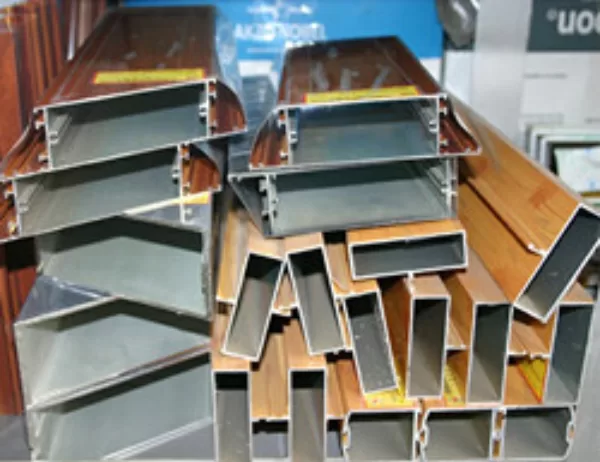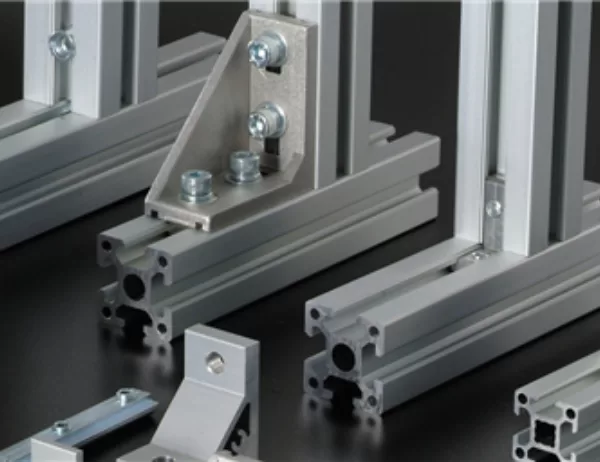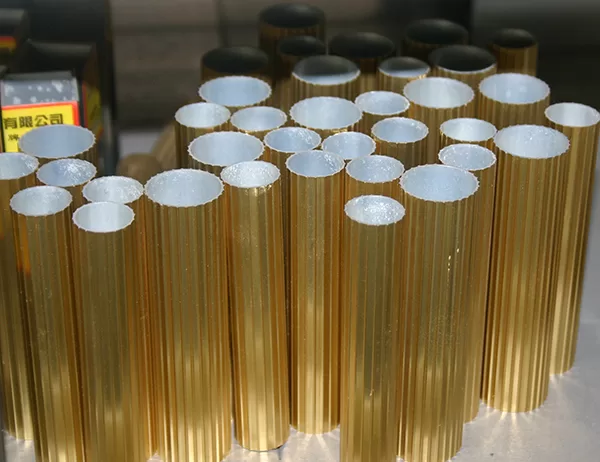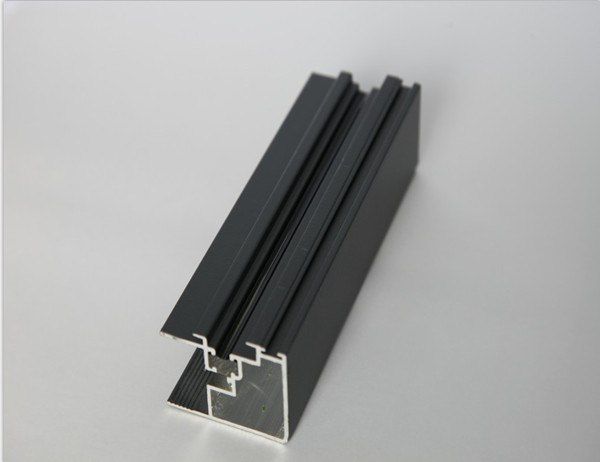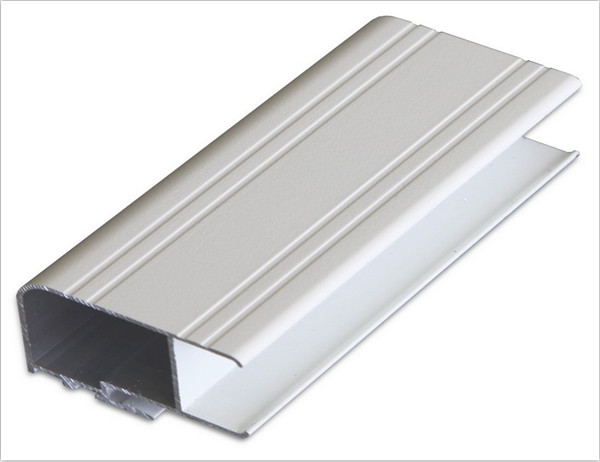Aluminum tube extrusion is a versatile and sustainable manufacturing process that offers numerous environmental benefits. By utilizing cutting-edge technologies and innovative practices, aluminum tube manufacturers are reducing their carbon footprint and promoting environmental stewardship. This article explores the eco-friendly aspects of aluminum tube extrusion, highlighting the ways in which this process contributes to a more sustainable future.
Aluminum tube extrusion is an energy-efficient process that consumes significantly less energy compared to traditional manufacturing methods. The extrusion process involves forcing molten aluminum through a die to form the desired shape, which requires less energy than other techniques such as casting or forging. Additionally, the use of electric induction heating rather than gas furnaces further reduces energy consumption and greenhouse gas emissions.
Aluminum is a highly recyclable material, and aluminum tube extrusion is an environmentally conscious process that contributes to the circular economy. Extruded aluminum tubes can be recycled indefinitely without losing their properties, conserving natural resources and reducing waste. The recycling rate of aluminum is around 75%, which is significantly higher than that of other materials such as plastic or steel. By incorporating recycled aluminum into the extrusion process, manufacturers can further reduce their environmental impact.
Aluminum tube extrusion is a precise process that minimizes waste generation. The extrusion process itself produces little to no scrap, and the use of computerized controls ensures accuracy and reduces errors. Additionally, the use of water-based lubricants rather than oil-based lubricants eliminates the need for hazardous waste disposal, further contributing to environmental protection.
The aluminum tube extrusion process has a relatively low carbon footprint. Modern extrusion presses operate efficiently, reducing energy consumption and emissions. The use of renewable energy sources, such as solar or wind power, further reduces the carbon intensity of the process. By adopting sustainable practices, aluminum tube manufacturers can minimize their greenhouse gas emissions and contribute to the fight against climate change.
Aluminum tube extrusion requires minimal water consumption compared to other manufacturing processes. The water used in the extrusion process is primarily used for cooling the equipment and lubricants. By implementing water conservation measures, such as closed-loop water systems and rainwater harvesting, aluminum tube manufacturers can reduce their water footprint and conserve this precious resource.
To demonstrate their commitment to environmental sustainability, many aluminum tube manufacturers have obtained third-party environmental certifications, such as ISO 14001. These certifications attest to the implementation of a comprehensive environmental management system that meets stringent industry standards. By achieving these certifications, aluminum tube manufacturers assure customers and stakeholders that they are operating in an environmentally responsible manner.
The eco-friendly aspects of aluminum tube extrusion make it a sustainable manufacturing process that contributes to a greener future. Aluminum tube manufacturers are embracing innovation and best practices to minimize their environmental impact, while preserving the inherent sustainability of aluminum. By choosing aluminum tube products, consumers can support environmentally conscious manufacturing practices and contribute to a more sustainable society.
